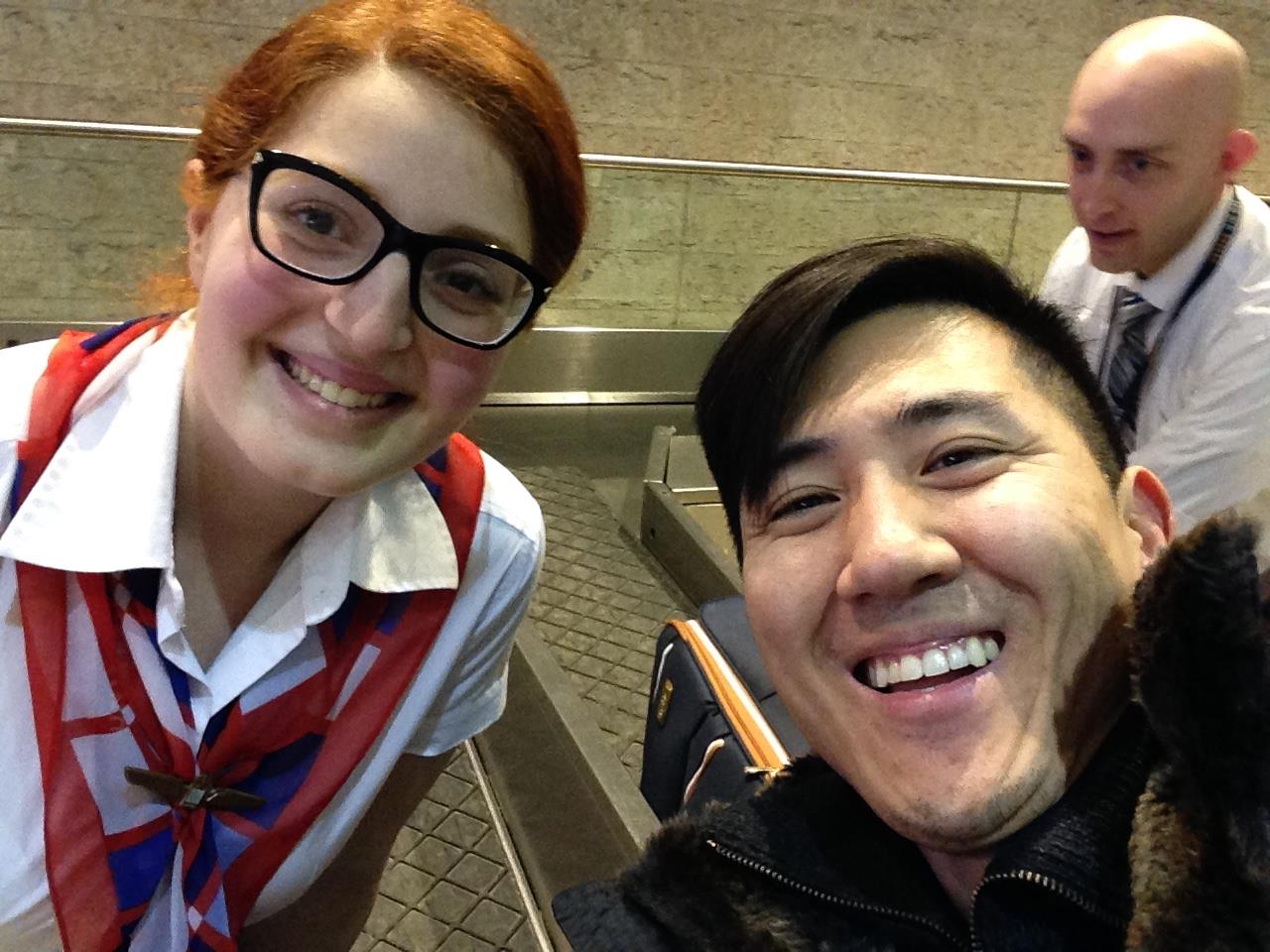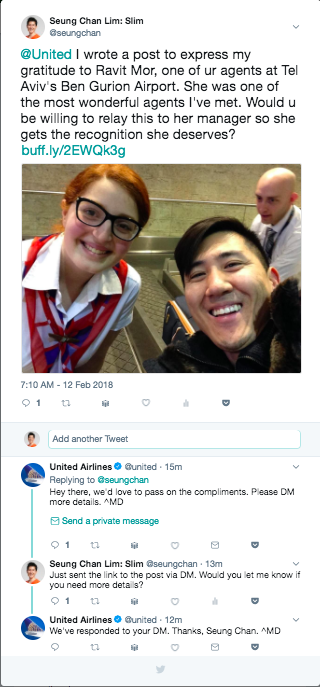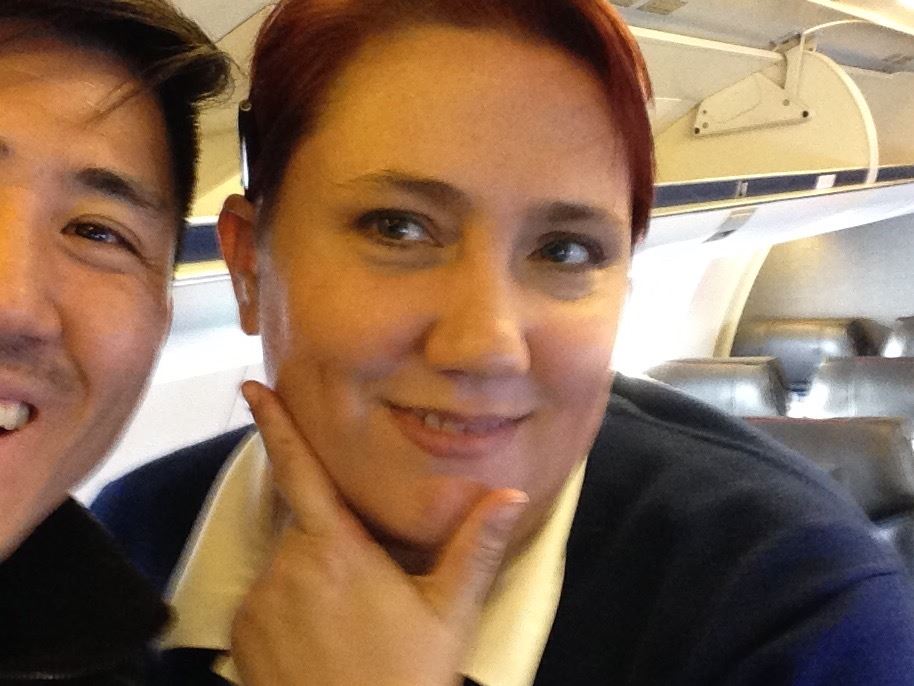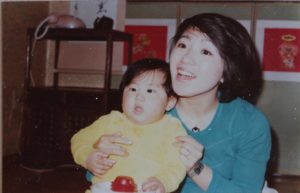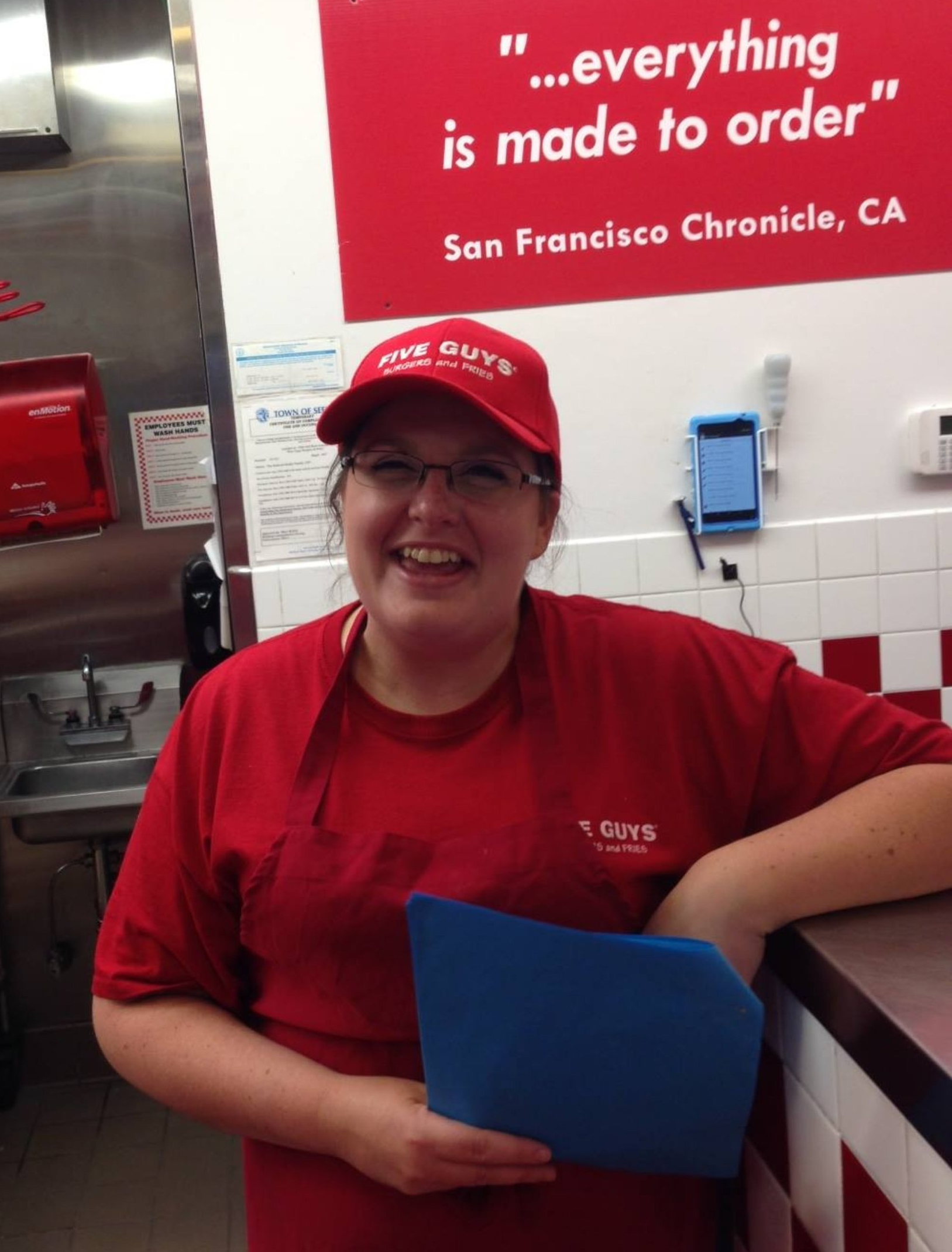I’d like to share with you something I wrote back in 2011.
I was in the 3rd year of my research into the creative process I only knew to call “making art.” I had such strong feelings about my research that I felt compelled to share some of those feelings with my fellow graduates.
Unfortunately, my speech didn’t get picked.
What I did not know at the time was that the insights I gathered in art school would end up resonating most deeply with founders and CEOs. That the struggles I experienced in what I thought of as “making art,” would prove valuable those who “build companies.”
Enjoy!
Dear graduating class of 2011,
Let’s all take a moment to remember a few years back in time, back to your first week of classes at RISD. With that memory in mind, let me share with you a story from that week.
It was 8 o’ clock in the morning.
I was on the 2nd floor of ProvWash Foundation classroom looking around, nervous. I was surrounded by a group of freshmen students 12 years my junior. I knew them by reputation. Rumor had it that they drew amazingly realistic bicycles. I imagined their sketchbooks being filled with beautiful drawings freshly rendered just moments before coming to class. I wondered what my skills were. Just a year ago, I didn’t know how to draw. As a matter of fact, I still didn’t.
I was telling myself that the nine years I spent as a “professional” was going to help me get through this class, when the instructor gathered us at the front of the classroom to show us how to fold a piece of paper.
It looked easy.
I was feeling confident, until she turned to us and asked us to go fold our own.
“Fold our own what?” I wondered.
It was one of those tasks that could either seem completely self-explanatory, or completely… not. Anxiety struck, but I reminded myself that I had anticipated this. This was that art school “creativity” thing of which I had been forewarned.
Back at my desk, I reached for my post-it notes to sketch my ideas out. I sketched, sketched, and sketched some more in search of a design I liked. But, after a couple of hours, I ran out of ideas. Feeling anxious, I decided to skip lunch, to think of what to sketch. I brainstormed with more post-it notes, mind maps, and employed all the “professional methods” I had amassed over the years.
Time kept passing, with nary a hint of what I should fold. It was already 3 o’clock in the afternoon. I was starving. All that professional experience I was counting on seemed almost too cruel for not extending a helping hand.
In a moment of desperation, I decided to look around at what others were doing. I noticed a girl in the corner, who seemed very much focused on folding her paper. Curious to find out her vision, I left my desk for her’s. Even from afar, I could see a mountain of folded objects atop her desk.
As I moved in closer, I got excited to get a better look. But then when I finally got close enough, I noticed that none of the objects seemed particularly interesting.
“This is it?” I thought to myself, disappointed. “Why does she look so confident?” I wondered.
“Hey, what are you making?” I asked.
An answer came back.
“I don’t know.”
The answer echoed in my ears. I… don’t… know. Just three simple words.
“What are these other ones?” I asked again.
“I don’t know… I’m just trying stuff out,” she responded.
She didn’t know? How could she not know? How could her hands be moving when she didn’t know what she’s doing? How could she decide where to fold and in what direction? How could she anticipate what kind of effect a fold could have on her subsequent folds? How could she have folded a mountain of objects without knowing?
Then… it hit me like a ton of bricks. This… was youth. This… was what it meant to have a beginner’s mindset. This was what it meant to follow your heart. To be yourself. It was courage.
Never mind my lack of drawing skills. Courage was what I truly lacked. What I’ve been doing for a good chunk of my adult life was hide behind existing knowledge, formalized methods, and a fancy job title. I was a mere shadow of who I was, a bad imitation, at best, of a closed-minded, arrogant, dogmatic, adult stupefied by his own experience. I had never, in my adult life, felt like such a failure.
Even as I stand here now, after 3 hard years of graduate school, the lesson I learned in that classroom still seems highly relevant.
During the final semester, I was reminded over and over again, that the real challenge of graduate school, and, perhaps more so the world I am about to re-enter, is not to achieve success, gain recognition, or even to blow people’s minds with amazing work… Instead, it is to have the courage to not let anyone convince me that I am crazy. That just because I do not know exactly where I’m going, just because I do not have a clear vision, just because I cannot articulate what it is that I’m interested in, it does not mean that I am lost.
Do I feel confident that I will be able to do this?
No.
As a matter of fact, this is the least confident I have ever been. But no matter the situation, I somehow feel comfortable admitting my own feelings of cowardice, imperfections, and inadequacies. Maybe this is a cheap shot at sympathy or perhaps a way of comforting myself into thinking that things can only get better from here on.
Or perhaps this means that it matters less whether I’m confident or not. Because as I stand here, what I cannot stop thinking about is the fact that I have met fellow students and mentors here at RISD, who have demonstrated immense patience with me, who have encouraged me in ways I had never been, who have willingly spent time out of their own precious lives to engage in dialogue with me. And it is their confidence in me that gives me tremendous hope, that perhaps I am not crazy, and neither are you.
Dear graduating class of 2011, as one of my personal heroes once said.
You know very well who you are. Don’t let’em hold you down. Reach for the Stars.
Thank you.
